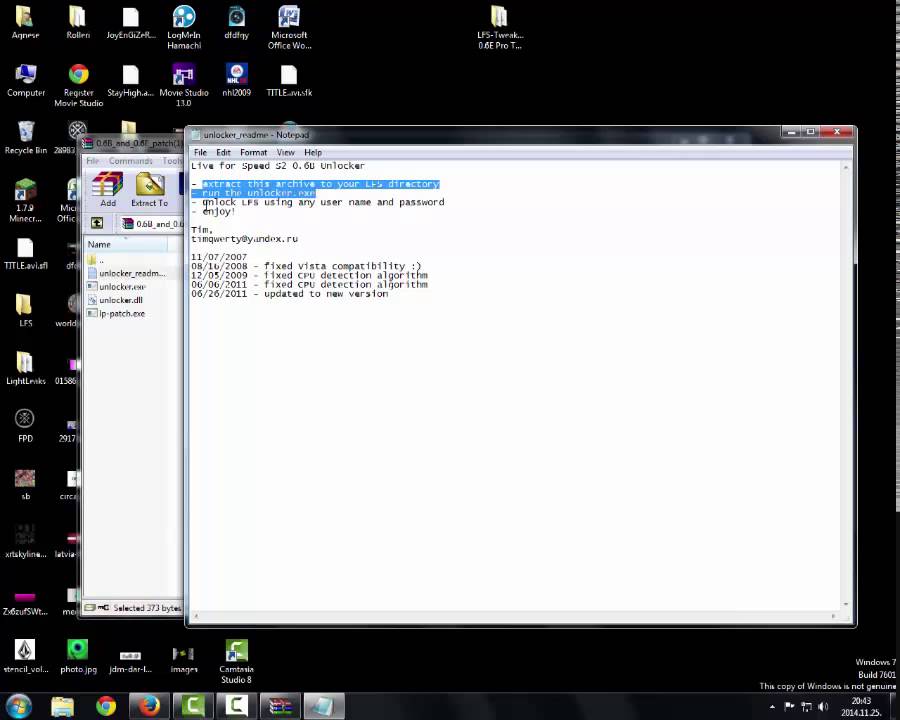

This can be made specific by supplementing it with branches or commits: # Fetches All git lfs fetch # Fetches a particular branch git checkout -b new_image

By default, this will retrieve local copies of all files in the current checked out branch. There are several that may be worth investigating in the future, but of most interest to us right now is fetch. Let's see what commands are available to LFS by typing git lfs: But what if you're a designer and need to make changes? How do you access the real file?

And when it comes to deployment or testing, you likely have a build process that will assemble a project with real media. This is great if you're a developer on a team, as you probably don't need lots of media files cluttering your computer. This is one of the aforementioned file references, and if you feel like cracking it open in a text editor you'll see something like this: version Those files are ridiculously small! Try opening one, and you'll likely see this message: You should see something like the below, with an appropriately sized. To see what's happening more clearly, delete the repo folder you created and then re-clone it from GitHub. This is where LFS gets somewhat confusing and possibly not as useful as you may have hoped. git folder is still large: wasn't LFS supposed to handle files better? Now go ahead and create some branches, make file changes, commit them and push: In the second image (an LFS-enabled repository) the file is located in an AWS bucket. In the first image (a traditional GitHub repository), the file is located in the repository. Here’s a file hosted on GitHub:Īnd here’s a file hosted externally via LFS: So far, not a lot is different, but if we look into the details of a file on GitHub, we can see a subtle difference. Git commit -m "Added PhotoShop files" git push origin master I normally use Tower for managing my Git workflow, and this broke any LFS-related actions.Ĭreate a Git repository as you normally do, and initialize the files you wish to track with LFS by issuing commands such as: git lfs track "*.psd" git lfs track "*.mp3" Note: Git LFS will currently only work when using Git on the command line.


 0 kommentar(er)
0 kommentar(er)
